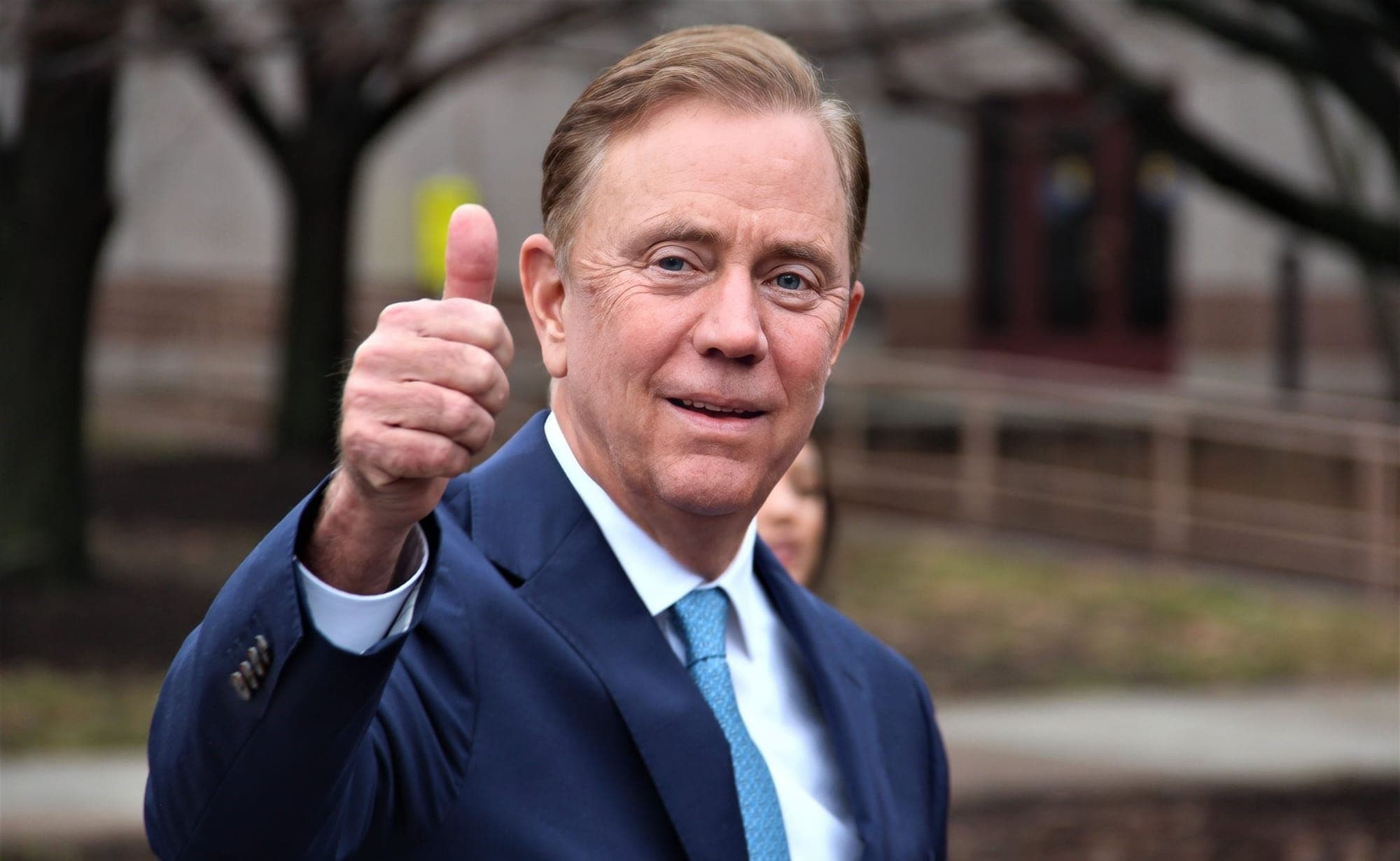Gov. Lamont: Growing Consensus of Conn. Voters Favor Ranked Choice Voting

Photo Credit: Liam Enea / Flickr
Connecticut Governor Ned Lamont formed a task force this month to come up with a comprehensive legislative proposal by the end of the year that would enable state municipalities and parties to use ranked choice voting (RCV).
The task force conducted its first meeting on June 14 and features current and former elected officials and public figures from across the political spectrum, including its Republican and Democratic co-chairs, Sens. Tony Hwang and Cathy Osten.
A full list of the 14 members of the task force can be found here.
“Ranked-choice voting is an increasingly popular procedure among various political parties that enables voters to have all their preferences fully considered when choosing candidates for elected office,” said Gov. Lamont.
“It has been used with success in other states throughout the U.S. for many years, and there is a growing consensus in Connecticut that enacting this system here will benefit our voters.”
Connecticut law currently does not allow municipalities in the state the option to adopt alternative voting methods like RCV. However, there is growing support among state officials to use RCV ballots.
Hwang and Osten were the primary sponsors of a 2023 bill that would have allowed RCV’s use in US Senate and House races, presidential preference primaries, and would have allowed cities and counties the option to implement its use.
While the bill only got as far as a public hearing, it garnered broad support from members of both political parties in the State House.
“I want to thank Governor Lamont for initiating this ranked-choice voting working group,” said Hwang. “Through this bipartisan process, we hope to learn how ranked-choice voting can give the voters of Connecticut a stronger and more representative voice in their local elections.”
He added that the ultimate goal of the group was “more electoral participation that reflects voters’ representative will and democratic governance.”
“Voters across the state are calling for an electoral process that allows for more viewpoints, without feeling like voting for a third party is a throwaway,” said Hwang.
This sentiment was shared by Vice Chair Monte Frank. Frank was Oz Gabriel’s running mate on a 2018 independent ticket for governor and lieutenant governor. The bid was unsuccessful, but Frank believes RCV would embolden voters to support candidates outside the establishment parties.
“If I had a dime for every voter who said to us, ‘we really wanted to vote for you, but we were concerned about the other guy getting elected, I’d be a pretty rich guy right now,” he said in an interview for NBC.
And while it was a joke, it is also a reality for independent and third-party candidates across the country. The current system pushes the “lesser of two evils” mentality on voters to ensure they continue to vote how the two-party duopoly wants them to vote – not how they want to vote.
FairVote’s director of research and policy, Deb Otis, shared her organization’s research on the topic during the inaugural meeting. Specifically, how RCV has reduced “strategic voting” in Utah cities that have participated in the state’s RCV pilot program.
“[In] a recent exit poll in Utah, voters said they were more likely to vote honestly by a 30 to one margin,” she said.
Advocates also point to other benefits of RCV, including elections that ensure majority winners, the opportunity for more choice in elections, and a more civil campaign season as candidates have to think about being a voter’s second or even third choice.
And a candidate can't garner that support by insulting the voter’s first choice.
RCV is used in 60 US jurisdictions across 24 states. 50 of these jurisdictions, including at the statewide level in Maine and Alaska, have implemented RCV for all voters in public elections and represent approximately 13 million people.
The task force’s June 14 meeting was available to the public. The group is slated to meet publicly once a month going into the Fall and is expected to make its policy recommendations in November ahead of the 2025 legislative session.
 Shawn Griffiths
Shawn Griffiths






